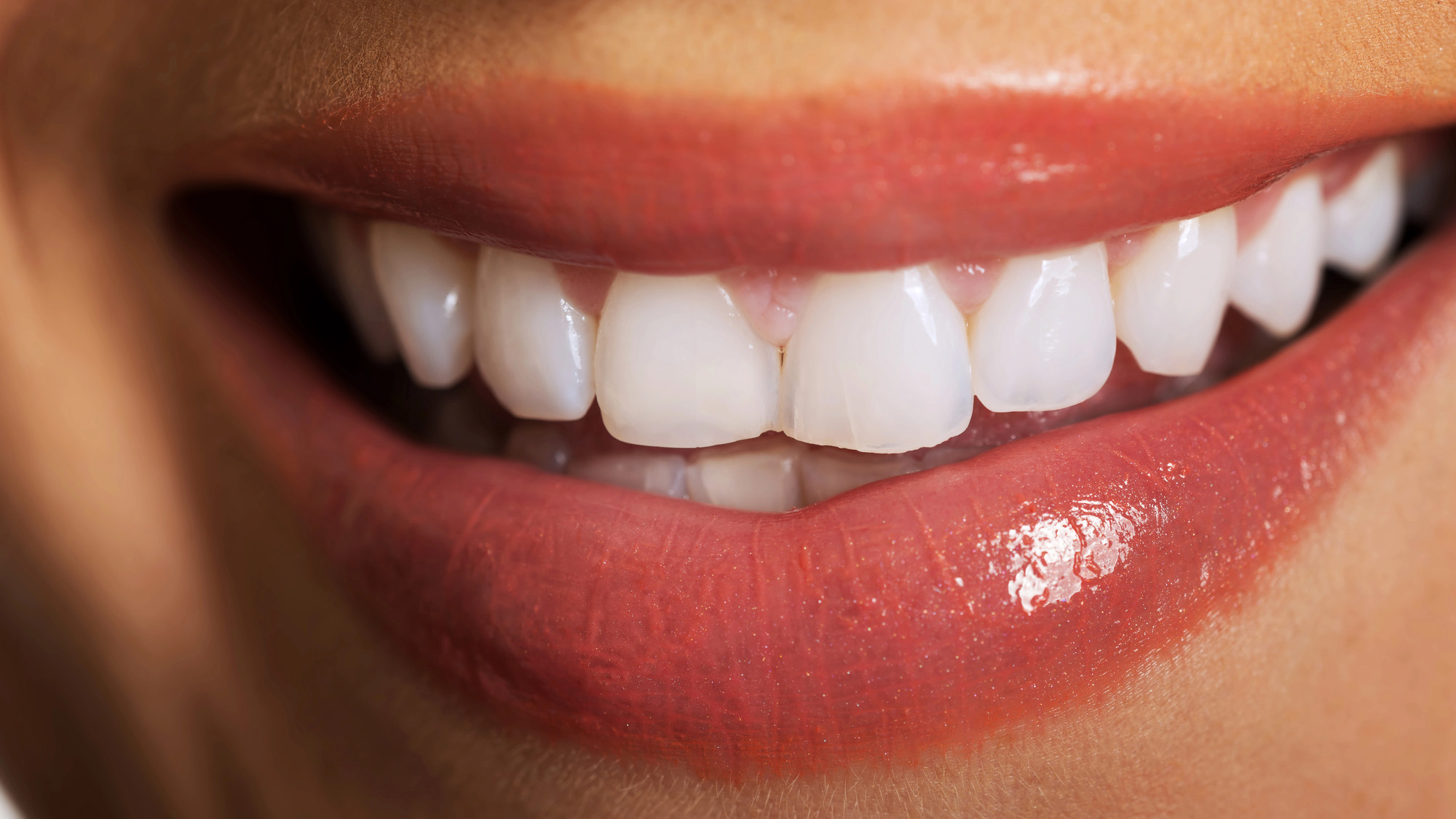Gadgets
Could we ever regrow our adult teeth?

Most adults are familiar with the process of tooth regeneration that occurs during childhood when baby teeth are replaced by permanent ones. However, why do animals like sharks and rabbits have the ability to continuously regrow their teeth while humans do not? How close are we to achieving tooth regeneration in adults through scientific advancements? Perhaps a toothache is on the horizon…
Dr. Ophir Klein, a professor at the University of California, San Francisco, provided insight into the evolutionary history of teeth and explained how mammals, including humans, developed complex dentition. Unlike other animals with continuously growing teeth, humans lost the ability to regenerate teeth due to the lack of specific progenitor cells. This tradeoff led to the development of unique tooth structures but hindered the ability to replace them naturally.
Experts suggest that a combination of synthetic materials and stem cells could be used as an intermediate step towards regrowing permanent human teeth. While the technology is not yet advanced enough to fully replicate tooth regeneration seen in other species, ongoing research in bioengineering and stem cell technology shows promise for future advancements in this area.
Dr. Salvador Nares and Dr. Afsar Naqvi from the University of Illinois, Chicago’s College of Dentistry discussed the challenges of integrating regrown teeth into the jawbone and ensuring their functionality and compatibility with the body. Current research focuses on utilizing stem cells from erupted baby teeth and developing techniques such as gene editing and bio-printing to facilitate tooth regeneration.
Overall, while the concept of regrowing teeth in adults may seem like science fiction, advancements in bioengineering, stem cell research, and gene editing offer hope for the possibility of achieving this feat in the future.
Naqvi, who was not part of the study, expressed concerns about the potential treatment targeting the USAG-1 gene, noting that it is not exclusive to dental tissues. The gene is also found in other tissues, such as the kidneys, where it is highly expressed. Naqvi raised questions about the impact of targeting this gene on bone growth and emphasized the importance of control in such treatments.
Despite attempts to reach out for comments on the USAG-1 research, neither Dr. Katsu Takahashi nor Kyoto University Hospital responded to Popular Science’s inquiries.
Looking ahead, advancements in tooth regeneration research may eventually lead to successful outcomes. However, maintaining regular dental care, including cleanings and hygiene practices, remains crucial for overall oral health. Researchers have established connections between oral health and systemic conditions like Alzheimer’s and diabetes.
While the prospect of growing new teeth or tissues may seem promising in the future, Dr. Nares highlighted the uniqueness of our natural dentition and emphasized the need for ongoing care to preserve oral health. He also underscored the importance of oral hygiene to prevent the spread of harmful microbes that can impact overall health.
-

 Destination8 months ago
Destination8 months agoSingapore Airlines CEO set to join board of Air India, BA News, BA
-

 Breaking News9 months ago
Breaking News9 months agoCroatia to reintroduce compulsory military draft as regional tensions soar
-

 Tech News11 months ago
Tech News11 months agoBangladeshi police agents accused of selling citizens’ personal information on Telegram
-

 Breaking News9 months ago
Breaking News9 months agoBangladesh crisis: Refaat Ahmed sworn in as Bangladesh’s new chief justice
-

 Productivity11 months ago
Productivity11 months agoHow Your Contact Center Can Become A Customer Engagement Center
-

 Toys11 months ago
Toys11 months ago15 of the Best Trike & Tricycles Mums Recommend
-

 Guides & Tips9 months ago
Guides & Tips9 months agoHave Unlimited Korean Food at MANY Unlimited Topokki!
-

 Gadgets3 months ago
Gadgets3 months agoSupernatural Season 16 Revival News, Cast, Plot and Release Date




















